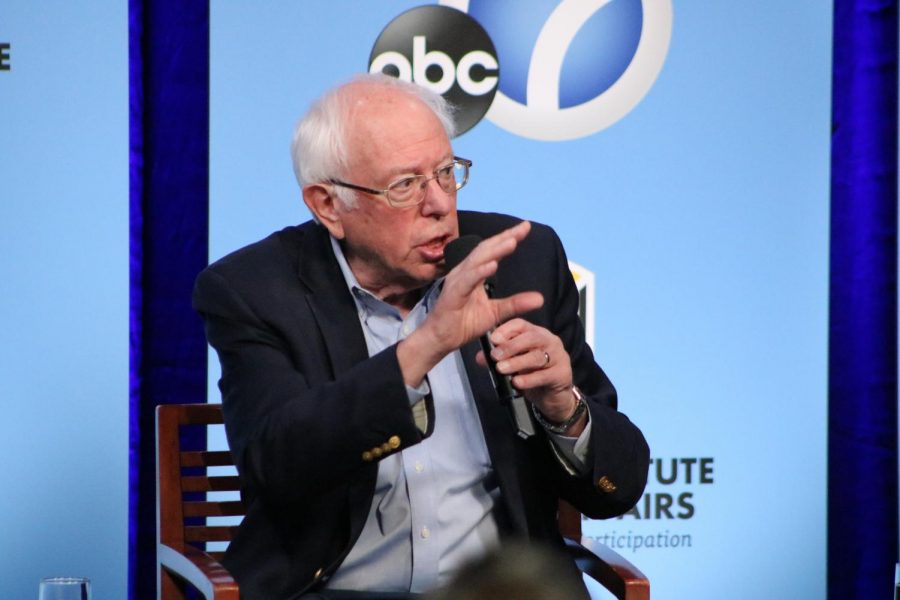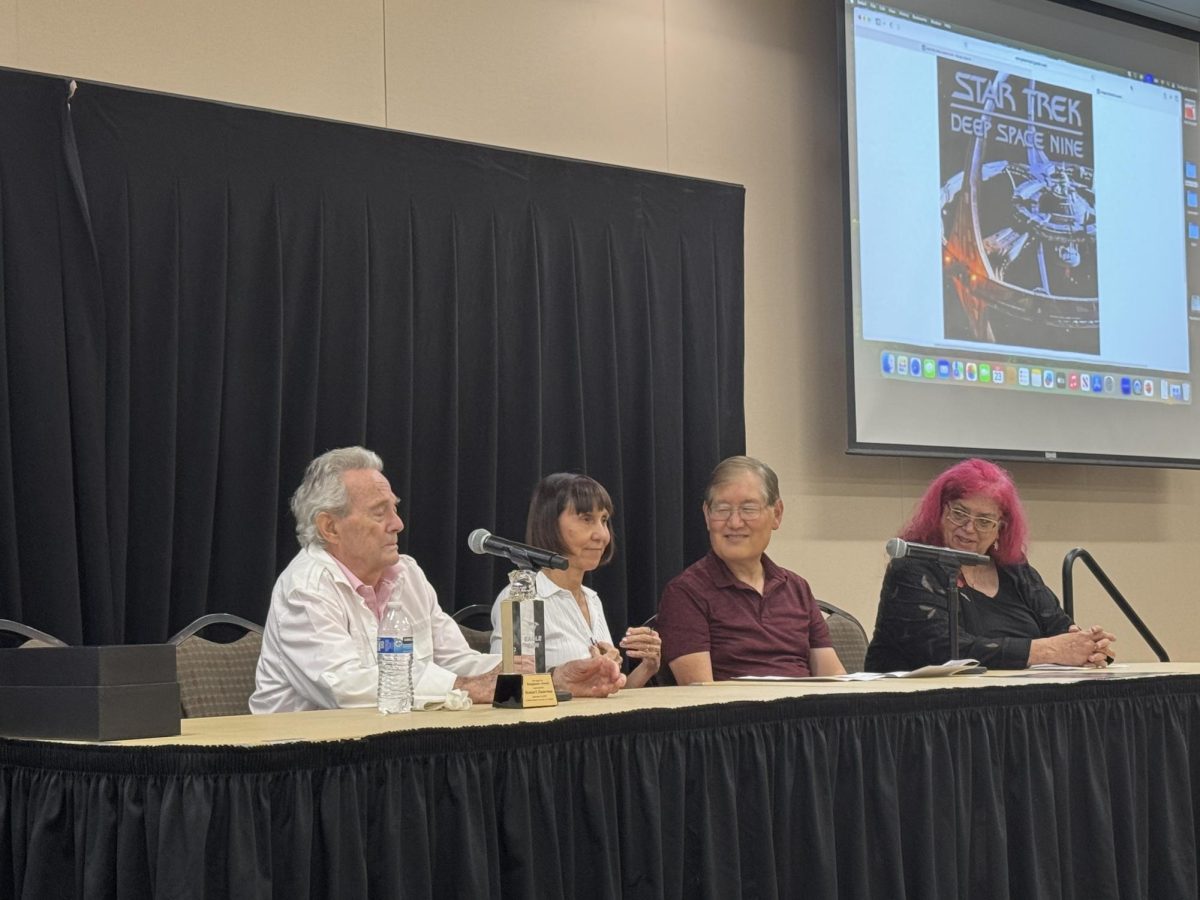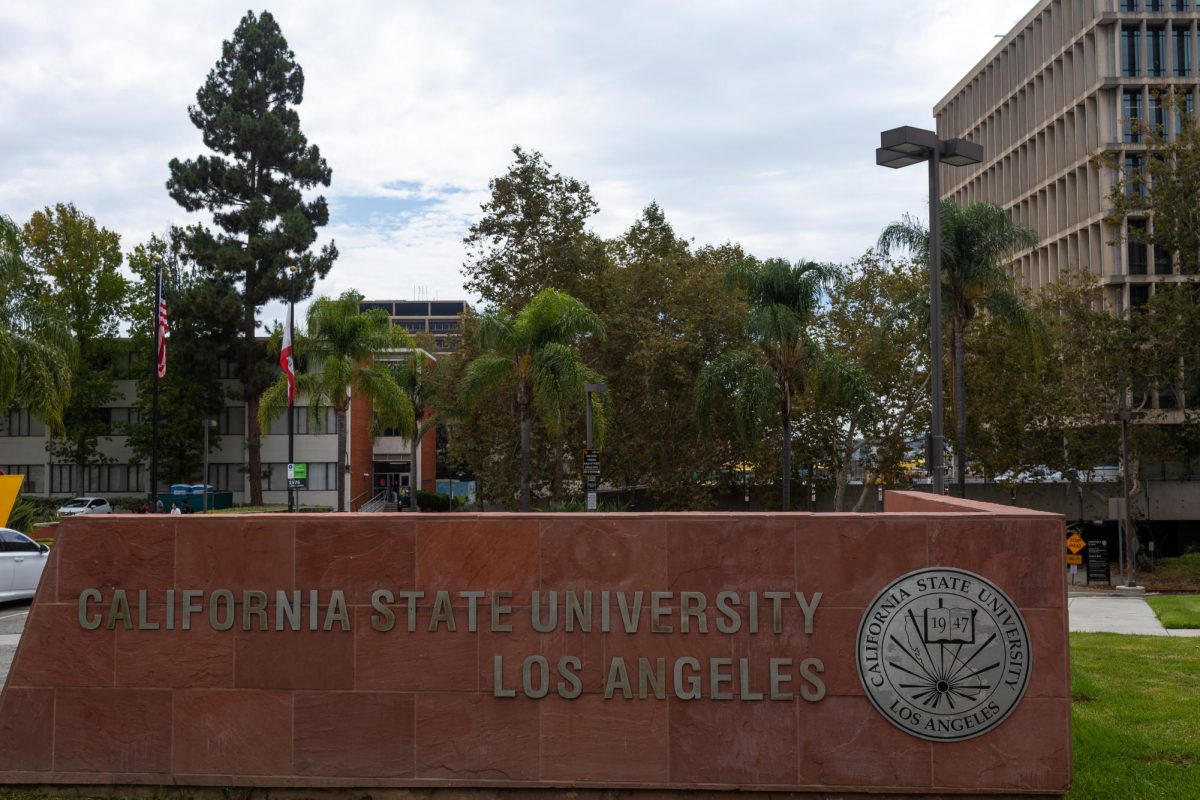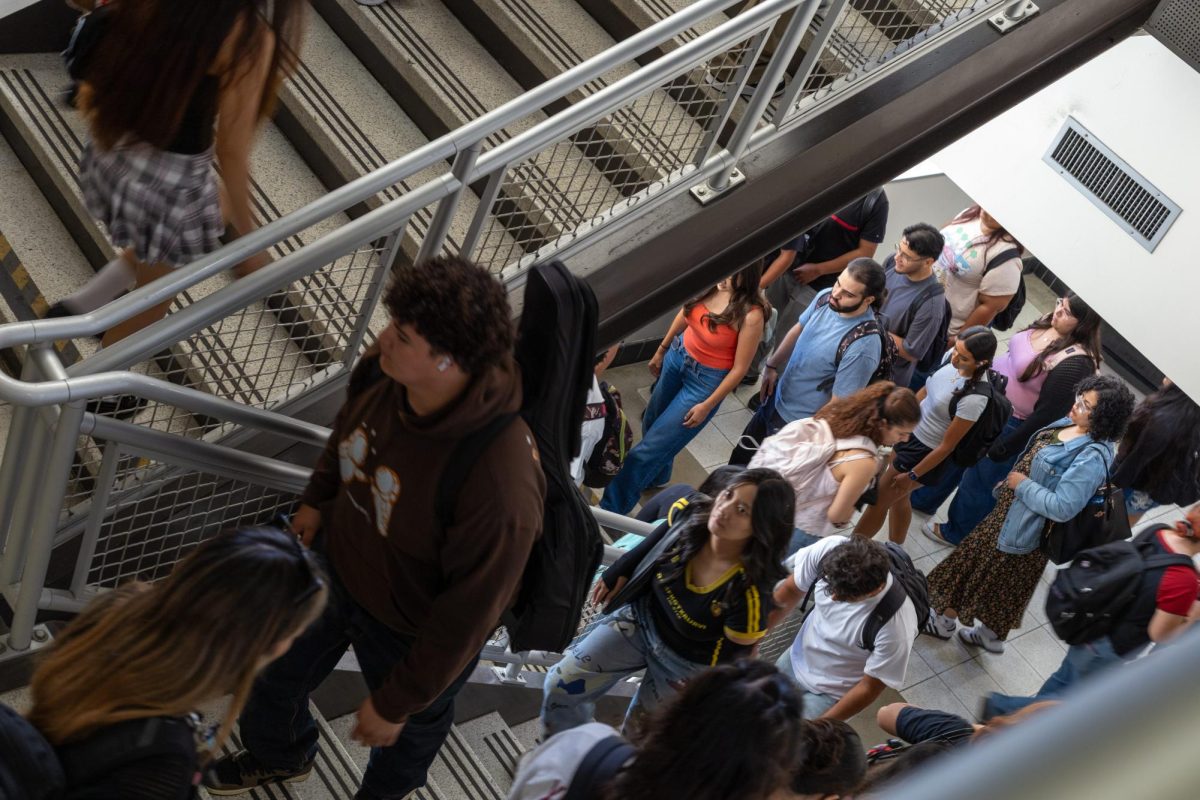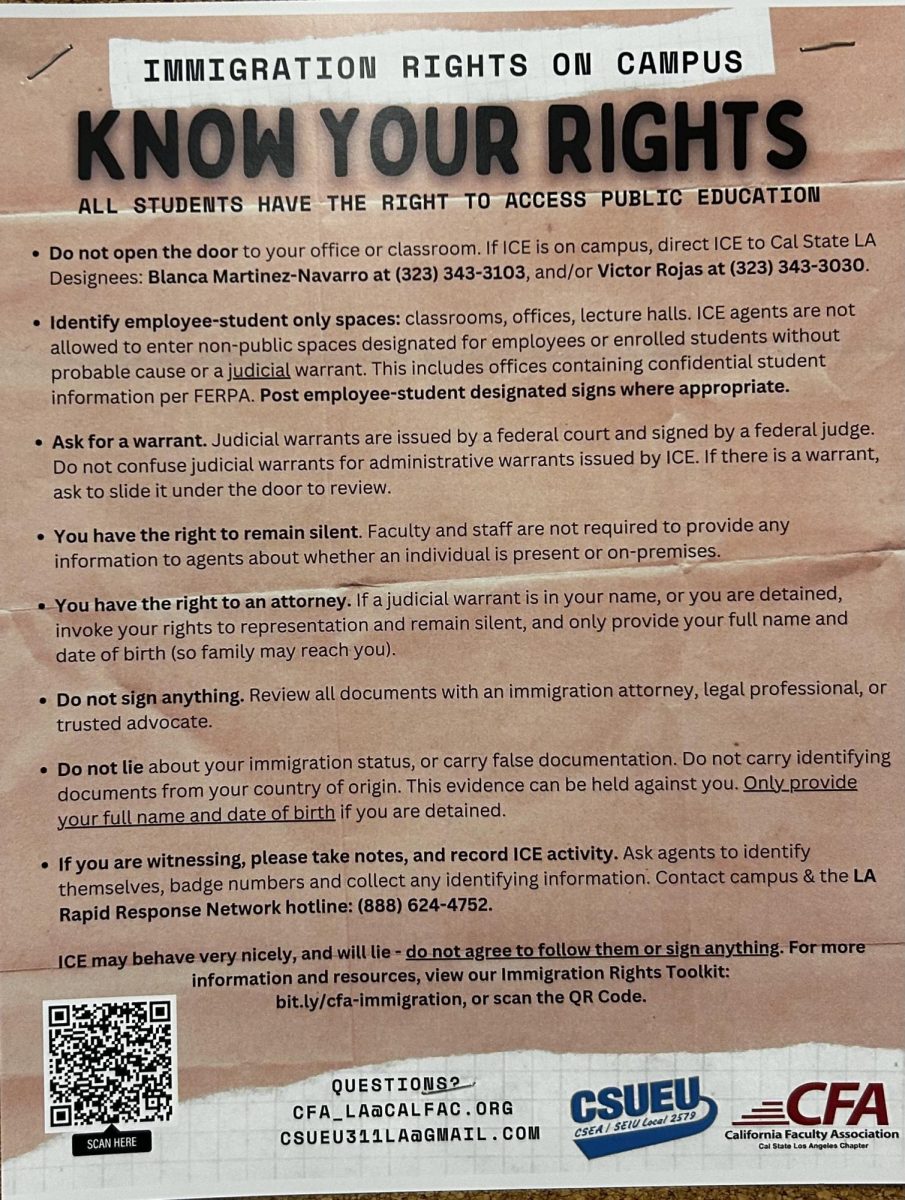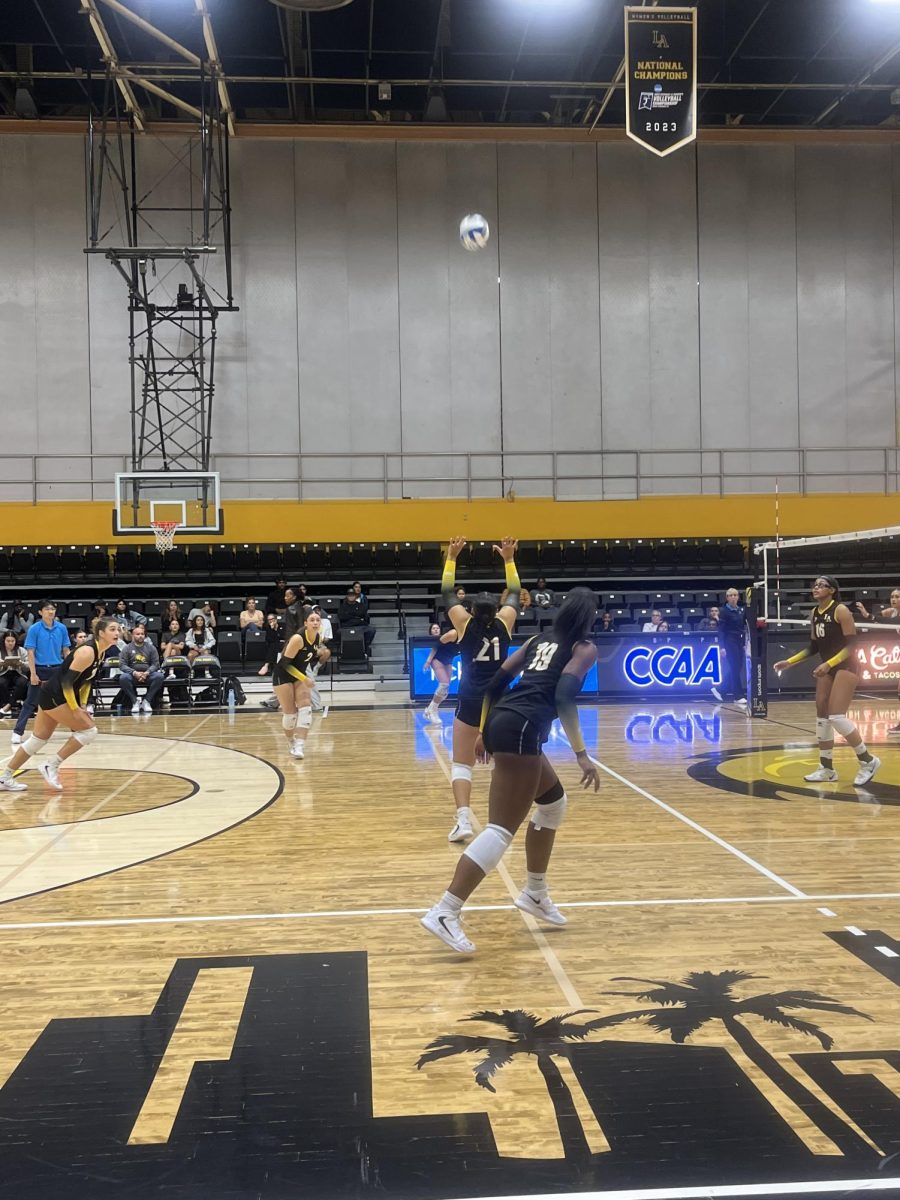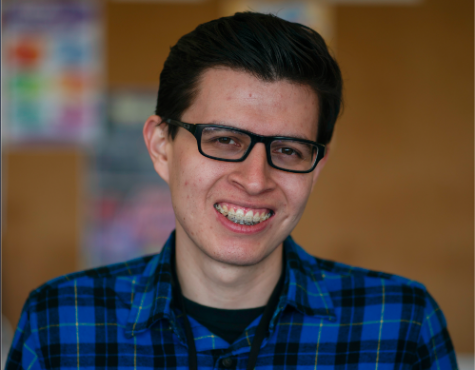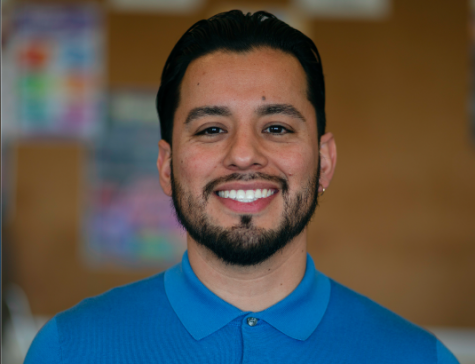The Democratic primary season kicks off in a few months. As the presidential candidates campaign throughout the country, there’s one demographic they’ll want to win over: the Latinx community.
On Sunday, five candidates spoke separately about issues concerning the country’s largest minority group at a forum hosted by the Pat Brown Institute for Public Affairs at the Luckman’s Intimate Theater on campus.
Mayor Pete Buttigieg, Senator Bernie Sanders, former Housing and Urban Development Secretary Julián Castro, billionaire Tom Steyer and Senator Kamala Harris attended to discuss immigration, Deferred Action for Childhood Arrivals (DACA), and housing, among other issues.
During an audience Q&A, Associated Student Inc. (ASI) President Aaron Castaneda asked Buttigieg about housing affordability. The presidential hopeful proposed investing $430 billion in a plan involving the development of new housing, and low income housing tax credits.
Housing affordability is not just a student issue, but a Californian issue, said Castaneda in an interview after the event. The ASI president expressed gratitude for the chance to participate in what he feels is an important process that is the election.
“Nothing’s going to change if people don’t hear your stories,” said Castaneda. “So I encourage everybody to speak their mind at any opportunity that they can so that the people that make the decisions ultimately in Washington know where we come from.”
Latinx voters, especially those in California, have the potential to significantly influence this upcoming primary and election season.
In October, the Pew Research Center reported the Latinx population are projected to make up over 13 percent of the U.S. electorate come the 2020 election. That’s larger than any other ethnic and racial minority group.
The potential influence and political power that demographic holds is even stronger in California, where nearly a third of the state’s eligible voters are of Hispanic descent, the center reported late last year.
To add even further, California will now be voting much earlier in the primary season on March 3, 2020, compared to when its 2016 primary took place in June, according to the New York Times.
“There’s this huge Latino voting population, and whoever gets that, through making legitimate appeals to people’s needs and interests is going to have a real leg up,” said Raphael Sonenshein, executive director for the Pat Brown Institute.
“I hear people say, ‘Well, California’s primary is not going to matter that much.’ I think they’re crazy,” Sonenshein added. “I think it could be a game breaker, especially if somebody can really reach out to this community more than candidates usually do especially early.”
Sanders, who held a rally a day prior to the forum in East L.A., according to the L.A. Times, spoke about “Medicare for All” a major policy proposal of his campaign. He was asked by a reporter if his health care plan would cover the undocumented.
“And the answer is: Absolutely. Of course,” Sanders said. “When we talked about ‘Medicare for All,’ A-L-L, it means all. It means every man, woman, and child in this country, including the undocumented.”
The Vermont senator was not the only one to propose health care that would extend to the undocumented. While Castro, Harris and Steyer have their own variations of health care plans, they also committed to covering non citizens. (Buttigieg was not specifically asked about health care for the undocumented.)
Another recurring theme was immigration rights.
Steyer characterized the child separation policy implemented at the border as “torturing children” and a violation of the “laws of humanity.” He promised to prioritize the reunion of migrant children with their families if elected president.
Harris committed to reinstate DACA and extend protection to the parents and siblings of Dreamers. “It is a paternalistic approach to say, ‘Oh, we’ll take care of the kids,’ instead of understanding that kids exist in the context of families that love them. Parents who have sacrificed for them. And they should, too, be protected.”
Castro vowed, if elected, regardless of what the Supreme Court decides, to protect Dreamers and their parents through executive order. Sanders also proposed to extend protection to parents at the forum. Buttigieg and Steyer expressed support for DACA but did not promise to extend protections to parents.
According to a statewide poll released Wednesday by the Latino Community Foundation and Latino Decisions, 74 percent of registered Latinx voters “are certain” they’ll vote in the California primary.
With the now much earlier California primary and a large and engaged Hispanic voting population, what could it mean for the candidates?
“It means that they have to pay attention to the Latino vote. To the Latino community,” said California State Senator María Elena Durazo. She added the Latinx community notices whether or not a candidate is committed to addressing its concerns. “The word gets out very clear about where [candidates] stand on our issues.”
The Hispanic and immigrant population is prominent in California, as well is in its universities. In an August press release, the CSU system stated about 9,500 of its students are undocumented. To further illustrate, 65 percent of Cal State LA students are Latinx, according to a fall 2018 fact sheet provided by the school.
“I hope [students] see that we’re pulling the candidates into our community,” said Durazo. “We’re pulling our candidates onto campuses like Cal State LA, which are working class communities… So we’re pulling in these candidates to listen directly to the students, alongside other people.”
The forum was sponsored by the Pat Brown Institute for Public Affairs, the California Latino Legislative Caucus Foundation, the Californians for Humane Immigrant Rights Leadership Action Fund and ABC7 TV, which broadcasted and streamed the event.
Updated Nov. 20 to correct the spelling of Pete Buttigieg’s last name.

